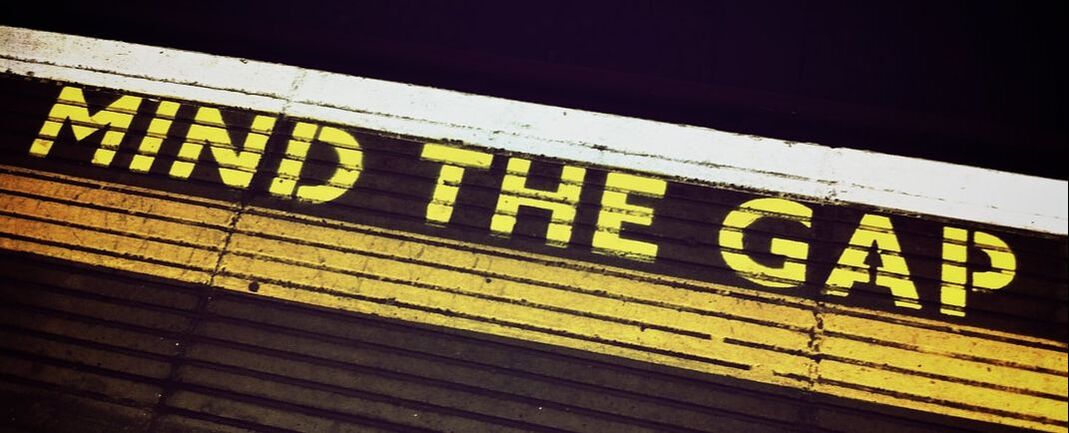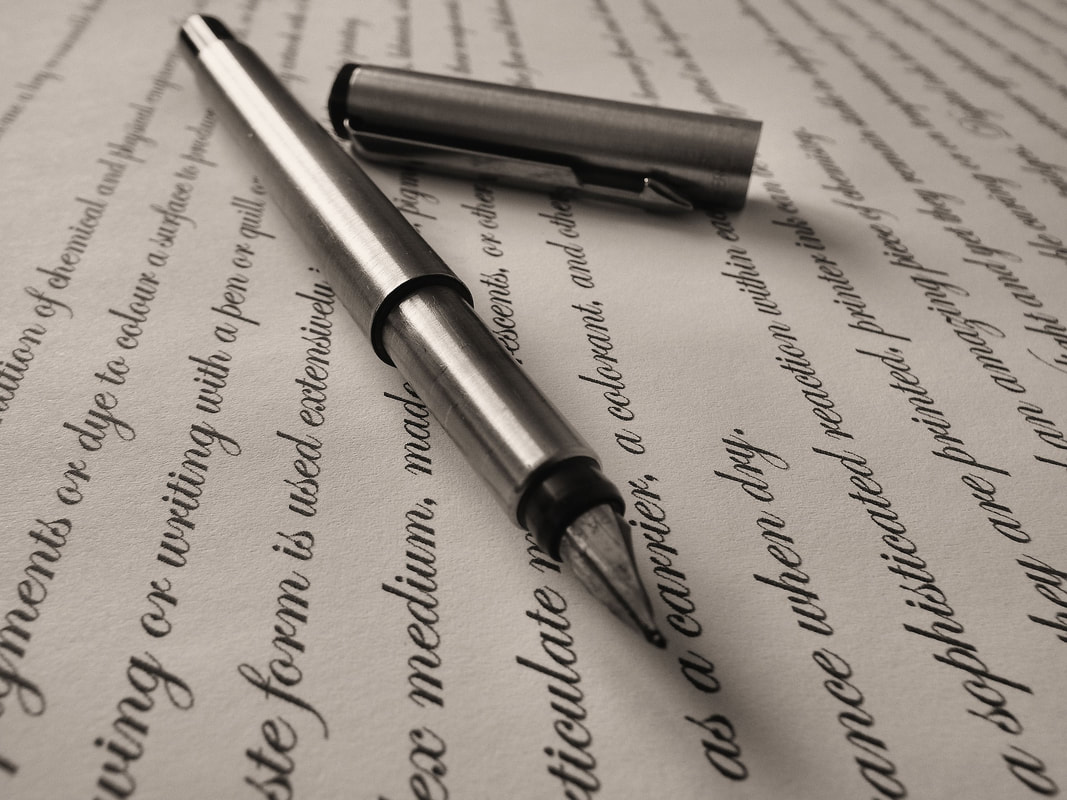|
With companies often designing employee reward systems with the goal of increasing employee effort and performance, a key consideration is why employees often react differently to the same reward system. A study in The International Journal of Human Resource Management sought to understand the role that happiness and sadness can play in how workers value effort and reward. The study found that happy individuals are more likely to exert efforts for future rewards, while sad individuals tend to seek rewards without extra effort.
Key Topics: Effort; Reward; Happiness; Sadness; Motivation
When it comes to eliciting the best from their employees, companies are increasingly moving toward pay for performance reward strategies, which focus on rewarding employees’ job skills, knowledge, competencies and productivity. A recent Malaysian study sought to understand factors influencing perceived unfairness of such reward practices and found that elements such as effective communication, participation, and performance appraisals can have a significant impact on perceived fairness by employees.
Key Topics: Job satisfaction, Performance appraisal, Performance based reward
With anxiety disorders on the rise, and negatively impacting organizational and employee performance, a study in the Journal of Occupational & Environmental Medicine examined the influence that job stressors had on panic attacks (PA) and panic disorders (PD). The study's findings indicated a significant relationship between job stressors and anxiety, and most notably employees with a high effort-reward imbalance were found to be significantly more at risk of PAs and PDs than those with a low effort-reward imbalance.
Key Topics: Effort-reward imbalance; Job stress; Panic attacks; Panic disorders
Companies have more tools at their disposal now than ever before to elicit improved employee performance, but are the basics of meaningful work being forgotten? A study of Chinese administrative workers sought to examine the importance of job meaningfulness to workers, as well as both financial and recognition incentives on employee performance. All three factors were found to positively impact performance, with meaning found to be most significant in eliciting the greatest performance gains. These factors were also found to interact with each other in interesting ways.
Key Topics: Job meaning; Financial rewards; Recognition; Employee performance
Do employees really care about what their peers earn? A German study examined the effect of the compensation level of comparable peers on the job satisfaction of managers in the chemicals industry over a five-year period and found that their job satisfaction levels were indeed affected by peer compensation, both in their own company and in the industry more broadly. The effects were found to differ across a number of key criteria, including gender and age.
Key Topics: Social comparison; Job satisfaction; Compensation; Benchmarking
In many countries, the pay gap between senior management and employees is on the rise, as is the research interest in this topic. A study of Chinese publicly traded companies examined whether a pay gap serves to motivate employees to increase their performance or whether effort is reduced due to aversion to inequity. The results of the study indicate that there is an inverted-U relationship between a company’s pay gap and their productivity, meaning that depending on a company’s proximity to the optimal pay gap level a pay gap can have positive or negative company performance implications.
Key Topics: Executive compensation; Pay gap; Employee performance; China |
Popular Reward Chronicle Searches
Compensation. Pay for performance Benefits Millennials Exec compensation Motivation Gender Topics
All
Join The Reward Chronicle Team
Are you passionate about reward? We’d love to hear from you. Click here for more details on how to contact us. |













